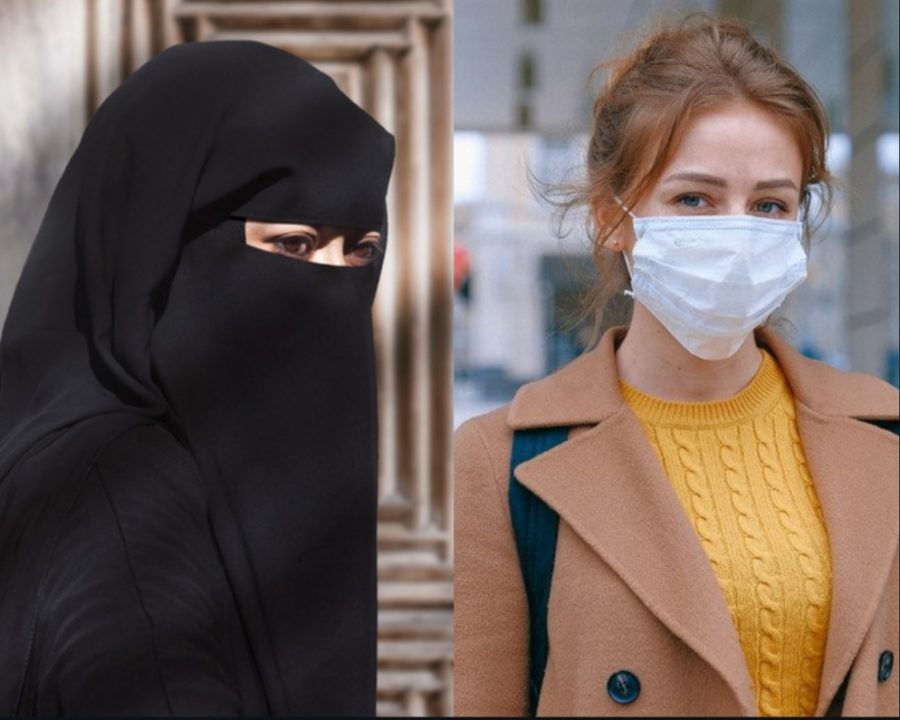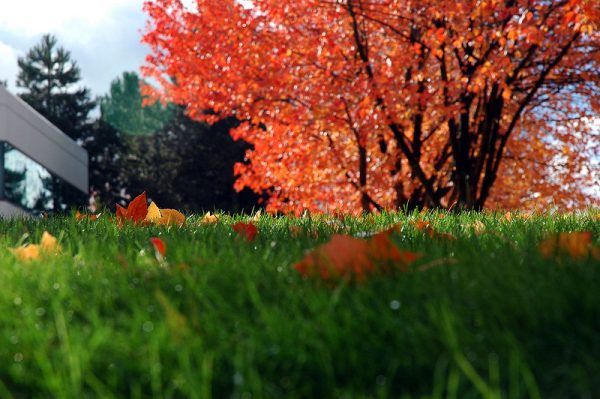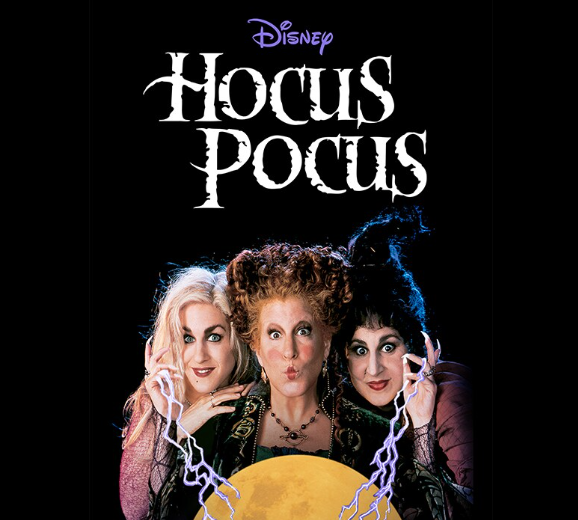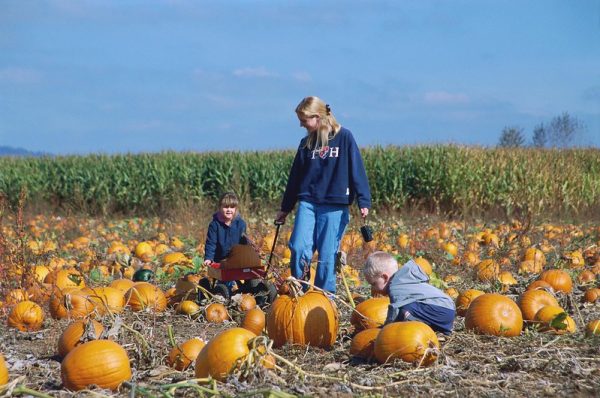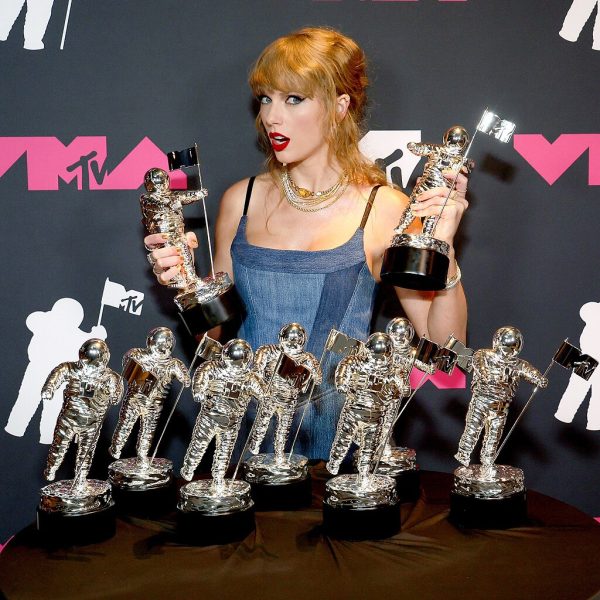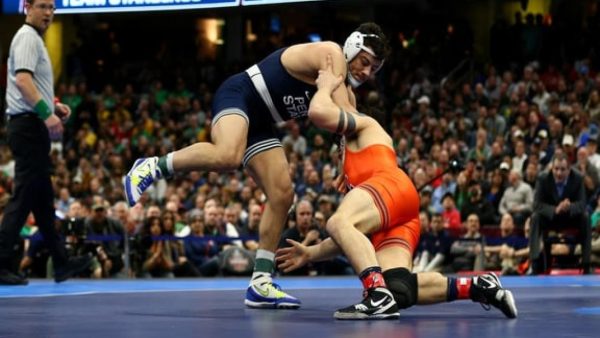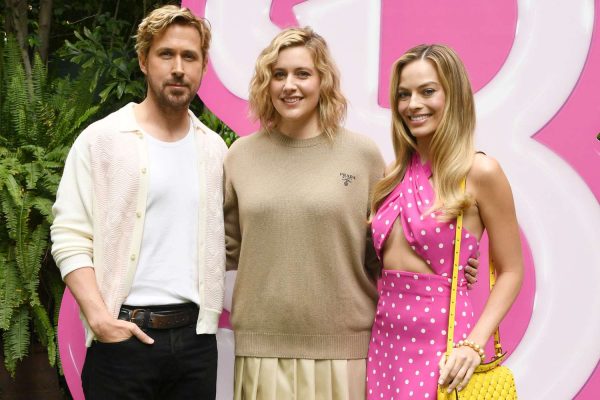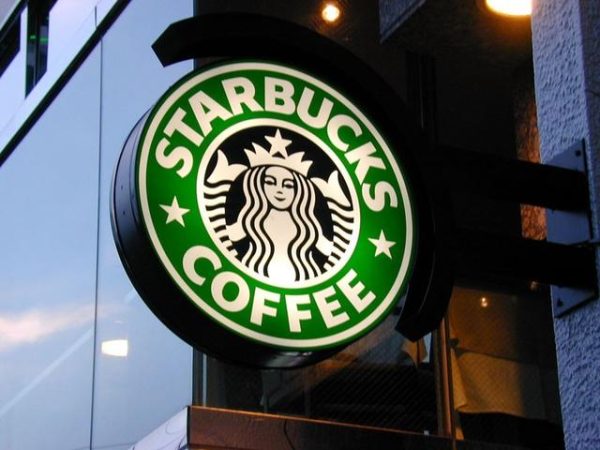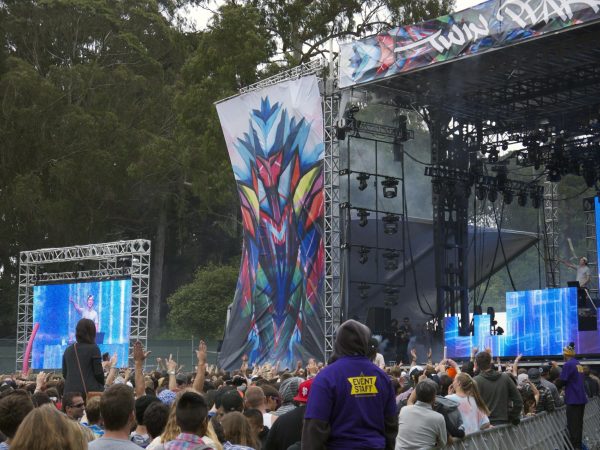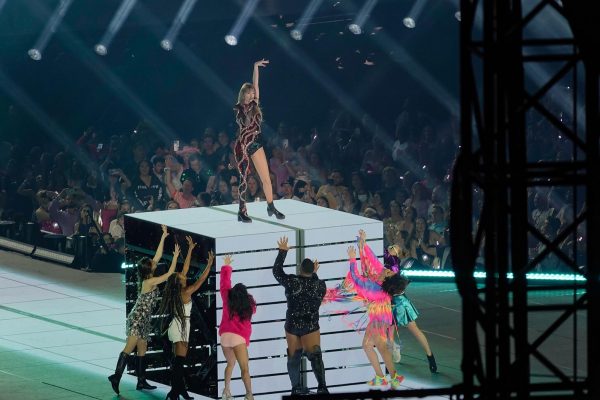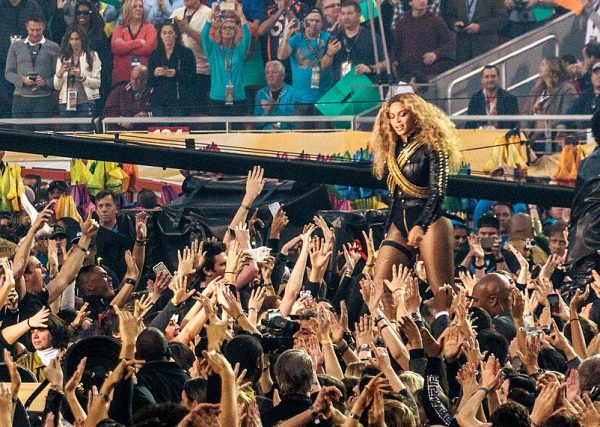The Greatest Acceptance
COVID has changed many lives throughout every country. It has affected over millions of people, and has hurt many along with it. There has been concerns throughout as well as accepting it as a new normal with the different precautions taken such as masks and social distancing. But masks have been common throughout our lives especially in the Medical Industry.
Those in the medical field have always successfully been able to communicate, portray emotions, and go about their day without question. But why is it that Muslim women have been facing discrimination for this very reason?
The face coverings the Muslim women wear such as the Niqab (a veil for the face that leaves the area around the eyes clear) or a Burqa ( a one-piece veil that covers the face and body, often leaving just a mesh screen to see through), often seen as barriers to communicate with, but those in the medical field who wear protective face coverings are not met with the same challenges.
Now with COVID-19 many states have mandated face masks, and Muslim women all over have been noticing a change in the way they are perceived, facing less discrimination for wearing their face coverings. But why now?
Research shows that in a 2017 American study of 40 Muslim women who wore niqabs, 85% reported verbal violence and 25% had experienced physical violence before COVID.
“I have experienced violence. In high school, there was a boy with an American hat, very angry and grabbed my hijab and told me to go back to my country,” said Amna Tanvir, a 2019 graduate at Heritage, when asked about her experiences in violence.
Muslim women have noticed a decrease in shaming and abuse for wearing face coverings since many people are now partaking in wearing their own face covering for safety precautions due to COVID. Because at a time like this the safety of one is more important than seeing what other people are wearing or doing.
The women who were interviewed for this story perceive that the impression of face covering is improved comes at the state of an emergency, when standard normal practices and collaborations are suspended.
“In the beginning of quarantine, I was really scared because with a mask and hijab it looks like a niqab. Before quarantine, I was at the store and this guy yelled at me for wearing a hijab, but now it’s not as weird and nobody looks at me weird,” said Fiza Khan when asked about her experience before quarantine.
Before COVID finding acceptance was already hard, and with third world countries banning face covering in France, or other European countries the question that rises is if those bans will come back after COVID is over. Islamophobia has always been on a rise and with COVID it came to a stop increasing very lightly.
“I really do feel like it will because the people who are in power, especially In Europe and France are all Islamophobic and they don’t care about how people are covering to stay safe. Literally the two women being stabbed in France they were called names and didn’t have a chance to walk away were abused even during COVID which is sickening”, said Jaserah Hanan, a 2016 graduate at Heritage.
Face coverings and COVID have greatly impacted many this year, but niqab wearing women have been experiencing discrimination from face coverings for years. COVID has given them an opportunity to be safe without stares.

